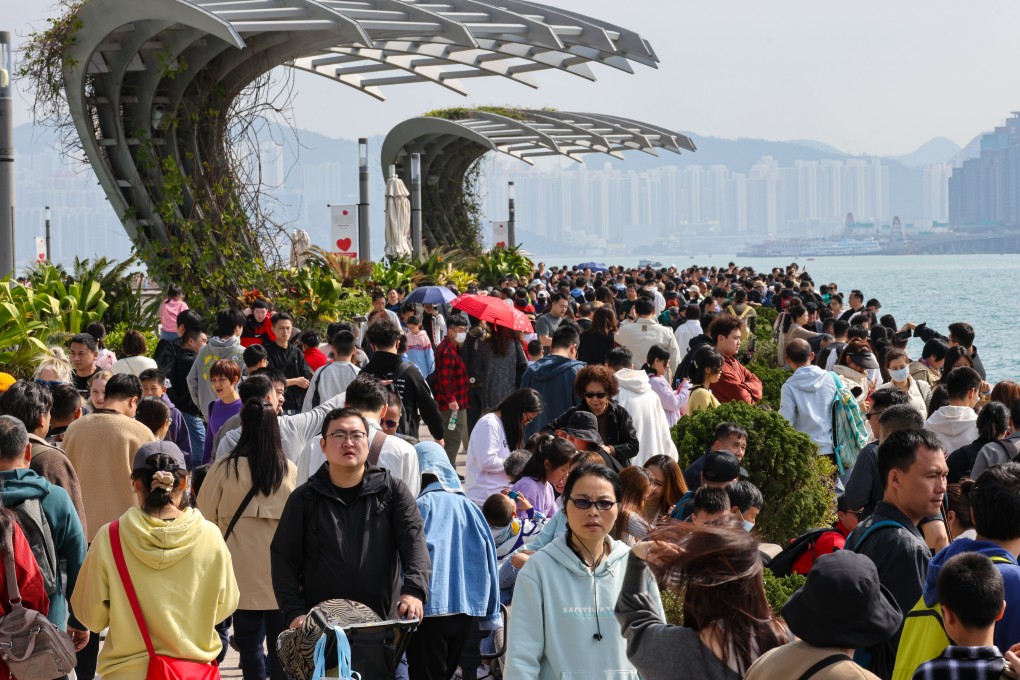Advertisement
Opinion | Hong Kong needs to tap into Asia’s growing middle class for brighter future
- The city’s stock market and tourism industry have taken a battering while the wealth gap is widening
- However, with over a billion people in Asia expected to join the middle class by 2030, stimulating growth, Hong Kong is uniquely positioned to reap the benefits
Reading Time:3 minutes
Why you can trust SCMP
5

The Year of the Dragon is widely believed to be auspicious. For the first time since 2019, we celebrated Lunar New Year with a fireworks display over Victoria Harbour, which attracted some 340,000 people, and the feel-good factor momentarily returned to the city.
Advertisement
As we look to the coming year, new challenges will arise, adding to an economic downturn that has been painful and prolonged. But the people of Hong Kong possess remarkable strength and resilience, and they understand that economic cycles are often tumultuous but not unique to our city.
While much doom and gloom is directed towards Hong Kong in the international media, the economies of many of our international trading partners are in much worse shape.
Last year, Hong Kong’s economy grew 3.2 per cent, rebounding from a contraction of 3.7 per cent in the previous year. While the official forecast for this year is set to be announced with the budget, the Economist Intelligence Unit is predicting 3.2 per cent again for this year.
By comparison, the International Monetary Fund expects the global economy to grow 3.1 per cent this year, revising its forecast upwards on stronger-than-anticipated performances by China and the United States. It expects China to grow 4.6 per cent, and the US by 2.1 per cent. Meanwhile, two G7 economies, Britain and Japan, fell into recession at the end of last year.
Advertisement
Compounding Hong Kong’s doom and gloom are geopolitical tensions, a challenging property sector and weak consumer demand, which have forced some money managers to divest from the stock market, resulting in the Hang Seng Index dropping below the psychological threshold of 15,000 points at one point.

Advertisement
